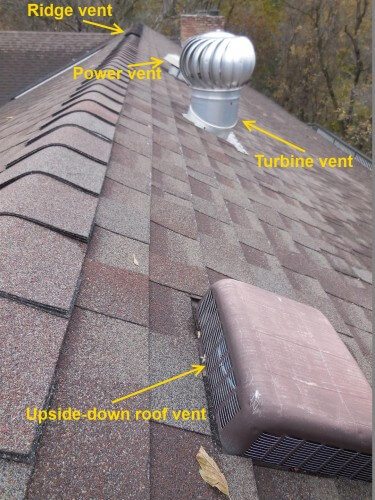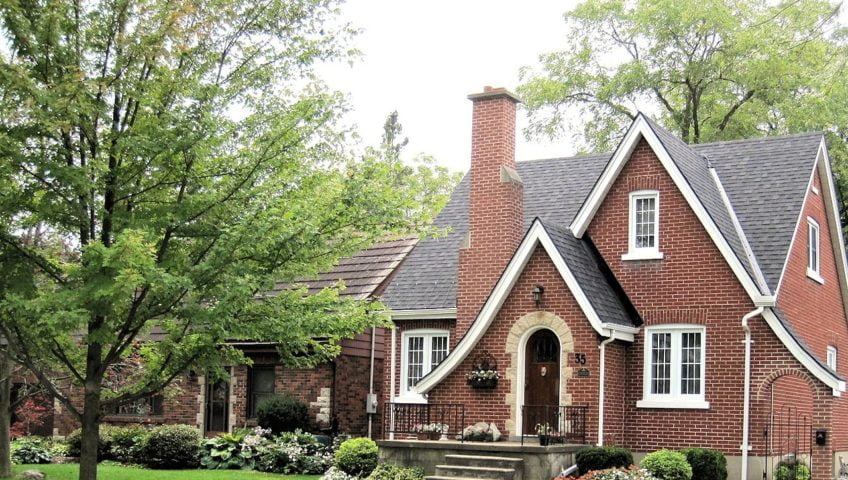Whether you keep your vents open or closed will have a negligible effect on your power bill but it s sure to affect condensation.
Should you cover roof vents in the winter.
Why you shouldn t cover roof vents.
All of these vents serve the purpose of creating air circulation which is vital to keep your attic and roof from being damaged in the winter.
They take little to no maintenance but that doesn t mean you should never check on them.
Somebody told me well you ll save money in the winter if you cover your turbines up tom.
Rooftop air vents are meant to be kept open year round.
During cold winter months the attic vent fan is not necessary.
Even though vents can cause attics to become colder in the winter months they should still never be covered.
Continuous soffit vent and a ridge vent beats a turbine vent any day.
Homeowners can choose from a variety.
If this is true you ve got bigger problems to worry about than letting warm air escape from your home.
In general your furnace should not be heating your attic.
You should absolutely leave your roof vents open during the winter do not cover them.
Small attic vents located below the roof peaks provide sufficient ventilation to let the moisture created by heat rising into the.
Regardless of the type of roof vent their purpose is the same which is to create air circulation and prevent attic and roof damage in the winter.
Static vents often protrude from roofline thanks to special covers intended to keep all precipitation rain sleet hail and snow from entering the attic.
In the winter it seems to make sense to cover the vents like you might do for your external water faucets and the covers are relatively inexpensive and easy to find running around 10 20 each at most home supply stores.
Roof vents remove warm air during the winter.
And in fact just so you know those spinning roof vents are probably not the best way to vent your roof.
There are many types of vents that you may have on your roof including turbine soffit rafter and metal pot vents but you should not cover any of these roof vents during the winter.
During the winter roof ventilation works to keep temperatures even.
By covering the turbine in winter this effect is lost and moisture can quickly build up in the attic causing structural damage and increasing the chances of mold and mildew.
Too many people believe that because heat rises ventilating an attic space during the winter means you re releasing warm air and creating a drag on your heating efficiency.
But like a lot of things in life just because you can doesn t mean you should.















































